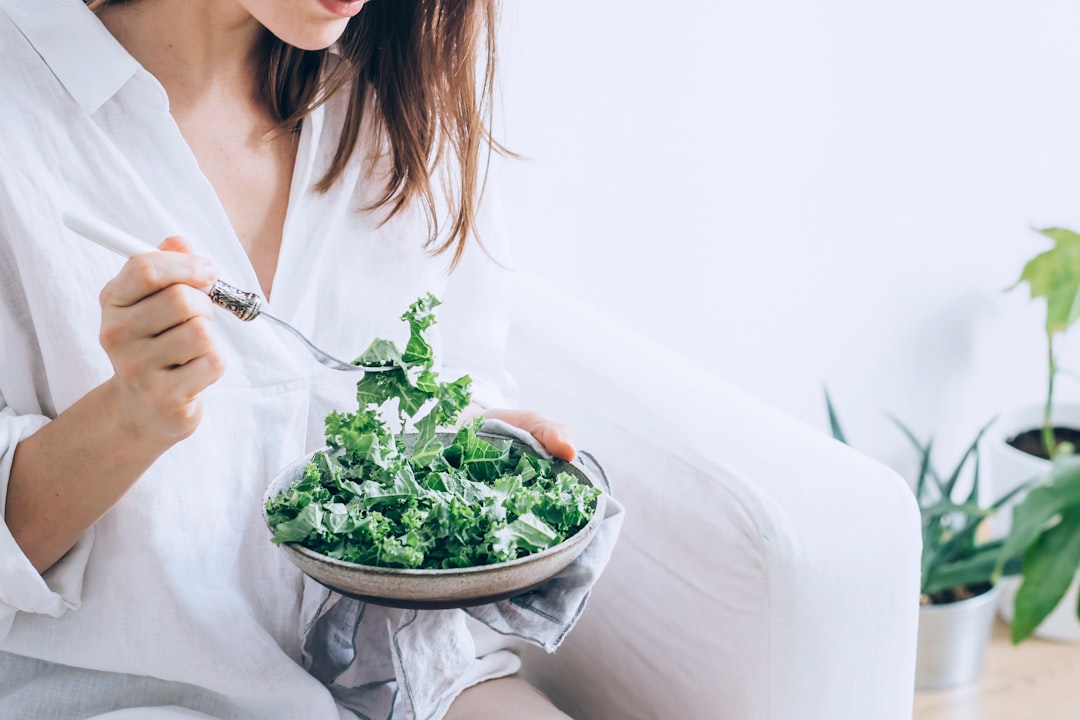Pregnancy superfoods: What to eat for energy and baby’s development
Feeling exhausted while growing a human? You’re not alone. Pregnancy transforms your body in remarkable ways, requiring specific nutrients to support both your changing needs and your baby’s development. While the term “superfood” might sound like marketing hype, certain nutrient-dense foods genuinely deserve this title during pregnancy.

Why nutrition matters during pregnancy
During pregnancy, your nutritional needs shift dramatically. According to the Dietary Guidelines for Americans 2020-2025, most pregnant women don’t consume enough fruits, vegetables, dairy, and seafood while consuming too many refined grains, added sugars, and sodium.
Your body needs specific nutrients in different amounts:
- First trimester: No additional calories needed
- Second trimester: Additional 340 calories daily
- Third trimester: Additional 450 calories daily
These aren’t just random numbers—they’re calculated to support your baby’s development while maintaining your energy. But the quality of those calories matters more than the quantity.
Top pregnancy superfoods for energy and development
1. Leafy greens: Folate powerhouses
Dark leafy greens like spinach, kale, and swiss chard pack a nutritional punch that’s hard to beat:
- Folate: Critical for preventing neural tube defects
- Iron: Helps create red blood cells to prevent anemia
- Calcium: Supports bone development
- Fiber: Helps combat pregnancy constipation
A cup of raw spinach provides about 58 mcg of folate—essential for your baby’s neural tube development in the first weeks of pregnancy.
Quick tip: Add a handful of spinach to your morning smoothie, or sauté kale with garlic as a simple side dish.
2. Salmon: Brain-building omega-3s
Wild-caught salmon is one of the best dietary sources of DHA (docosahexaenoic acid), an omega-3 fatty acid that supports your baby’s brain and eye development.

A 3.5 oz serving of salmon provides:
- 1,200-2,300 mg of DHA
- 25g of protein
- 360-700 IU of vitamin D
- 0.8 mg of iron
Research shows a Mediterranean diet emphasizing fish like salmon has the strongest association with improved pregnancy outcomes.
Safety note: Aim for 2-3 servings (8-12 oz total) of low-mercury fish like salmon, sardines, or anchovies weekly.
3. Nuts and seeds: Sustained energy boosters
A small handful of nuts provides protein, healthy fats, and fiber that help maintain stable blood sugar levels and combat the fatigue many women experience during pregnancy.
One ounce of almonds contains:
- 6g of protein
- 75 mg of calcium
- 3.5g of fiber
- 14g of healthy fats
Energy tip: Create a trail mix with nuts, seeds, and a small amount of dried fruit for an on-the-go energy boost.
4. Whole grains: Complex carbs for sustained energy
Swap refined grains for whole versions to get more fiber, iron, and B vitamins—all crucial for sustained energy during pregnancy.
Whole grains like oats, quinoa, brown rice, and whole wheat bread provide:
- B vitamins for energy metabolism
- Iron to support increased blood volume
- Fiber to regulate digestion
- Complex carbohydrates for stable blood sugar
Complex carbohydrates provide more sustained energy than simple sugars, helping combat pregnancy fatigue and keeping your energy levels steady throughout the day.
Practical meal ideas featuring pregnancy superfoods
Energizing breakfast (400-500 calories)
One cup oatmeal topped with one tablespoon ground flaxseed, half cup berries, and one ounce chopped walnuts provides 12g protein, 8g fiber, and omega-3 fatty acids. This combination delivers slow-release energy while supporting baby’s brain development.
Nutrient-packed lunch (500-600 calories)
Try three ounces of grilled salmon served with two cups mixed greens, quarter avocado, and half cup cooked quinoa. This power-packed meal delivers 35g protein, 1,200mg DHA, plus folate and iron—covering many of your critical pregnancy nutrients in one delicious plate.
Satisfying snack (200-250 calories)
One slice whole grain toast topped with two tablespoons almond butter and sliced banana offers 8g protein, 4g fiber, and healthy fats for sustained energy. It’s perfect for beating the mid-afternoon slump when pregnancy fatigue tends to hit hardest.
Managing common pregnancy challenges with nutrition
Beating fatigue
If you’re wondering why you’re so tired during pregnancy, your diet might need adjusting. Try these strategies:
- Eat small, frequent meals to maintain stable blood sugar
- Include protein with each meal to prevent energy crashes
- Stay hydrated with 8-12 cups of water daily
- Choose complex carbohydrates over simple sugars
Dealing with cravings
Pregnancy cravings can sometimes lead to less nutritious choices. Understanding the science behind pregnancy cravings can help you make healthier swaps while still satisfying those urges. When you crave something sweet, try fresh fruit with a small amount of dark chocolate instead of processed desserts. For salty cravings, lightly salted nuts offer more nutritional value than potato chips.
Beyond diet: Supporting your pregnancy journey
While nutrition forms the foundation of a healthy pregnancy, don’t forget these other important aspects:
- Movement: The American College of Obstetricians and Gynecology recommends low to moderate impact exercise three times weekly for 20-30 minutes to support healthy weight gain and energy levels.
- Mental wellbeing: Pregnancy brings significant hormonal changes. Explore mindfulness techniques for coping with hormonal changes to support your emotional health.
- Planning ahead: As you focus on nutrition during pregnancy, also consider your postpartum nutrition needs, which will be just as important for your recovery and breastfeeding journey.
The bottom line
The best pregnancy diet focuses on nutrient-dense foods rather than simply counting calories. By incorporating leafy greens, salmon, nuts, and whole grains regularly, you’ll provide your body with the essential nutrients needed for energy and your baby’s optimal development.
Remember that perfection isn’t required—aim for a varied, colorful diet most of the time, and don’t hesitate to discuss your specific nutritional needs with your healthcare provider. Your dietary choices now are a powerful way to nurture your baby’s health from the very beginning.

